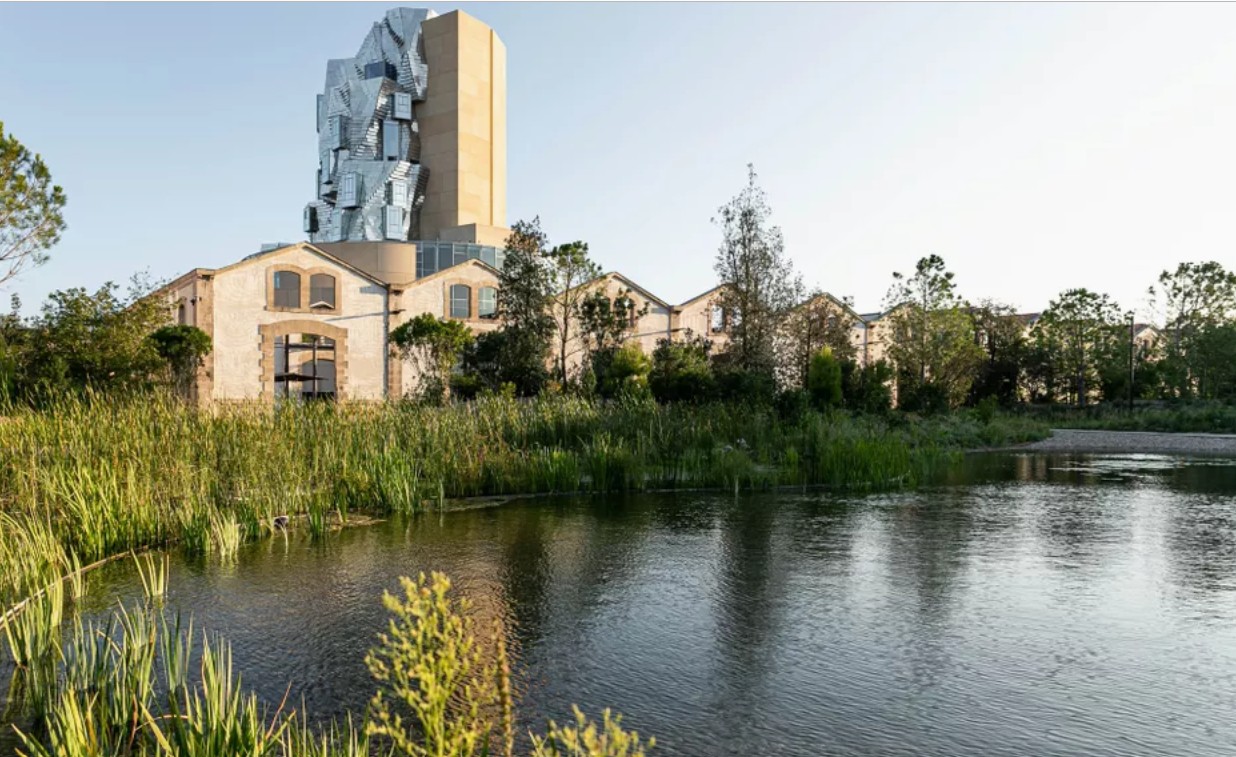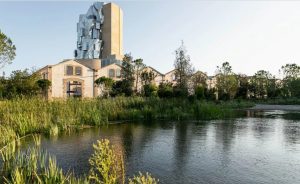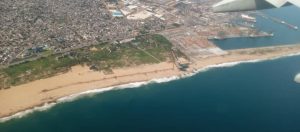Second Summit of the three basins: integrating communities remains enigmatic- Brazzaville
By Houmi Ahamed-Mikidache
12 years after the first summit of the three forest basins comprising the Amazon, Congo, Bormeo-Mekong, Brazzaville, the capital of the Republic of Congo, organized for three days its second summit. Several state and non-state actors have accepted the invitation of the President of Congo Denis Sassou Nguesso. Several political figures participated online in the event, including the President of Brazil, Lula Da Silva, the president of France Emmanuel Macron and the Secretary General of the United Nations, Antonio Gutteres.
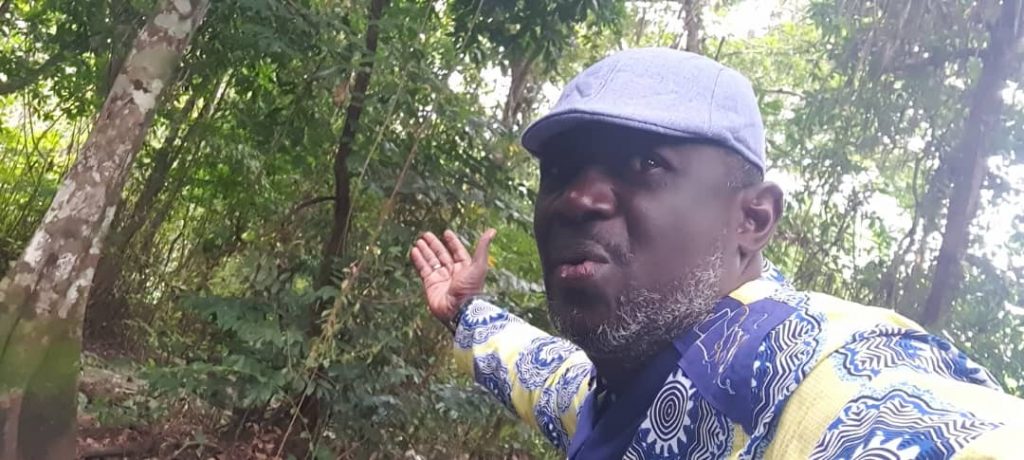
What are the demands of civil society?
African civil society was also present. The Network of Civil Society Organizations for the Green Economy in Central Africa (ROSCEVAC), based in Gabon, represented by its President, expressed its support for the implementation of an action plan and a Monitoring and Evaluation Committee. His reasons are many.
“Humanity cannot deprive itself of an alliance between the three forest basins: there are many diplomatic, scientific, environmental, financial, socio-economic and ecological issues for present and future generations”, said Nicaise Mouloumbi, President of ROSCEVAC ahead of the second summit.
The Amazon rainforest, the Congo Basin and the Borneo and Mekong Forests combined represent the three tropical forest basins where several terrestrial and aquatic ecosystems are located. They are considered the three lungs of the planet with regard to their role in carbon sequestration and therefore in the regulation of the global climate, recalls ROSCEVAC, which is also the resolution agency of the Economic Community of Central African States (ECCAS).
What is the next step?
At the end of the three-day conference, the representatives of the three basins signed a declaration recognizing the importance of enhanced cooperation, sovereign management of forest biodiversity, the development of solutions adapted to the specific challenges of each State and each basin. They are also committed to pooling and capitalizing knowledge and experience while using existing resources and knowledge in each of the basins. The representatives of the three basins also voted to associate all the actors in an inclusive logic. This includes Indigenous peoples, youth, women and non-governmental organizations, academia and research, local communities and the private sector. They have also positioned themselves to encourage financial mobilization and the development of traditional and innovative financing mechanisms and call for the establishment of a sustainable remuneration system for ecosystem services provided by the three basins.
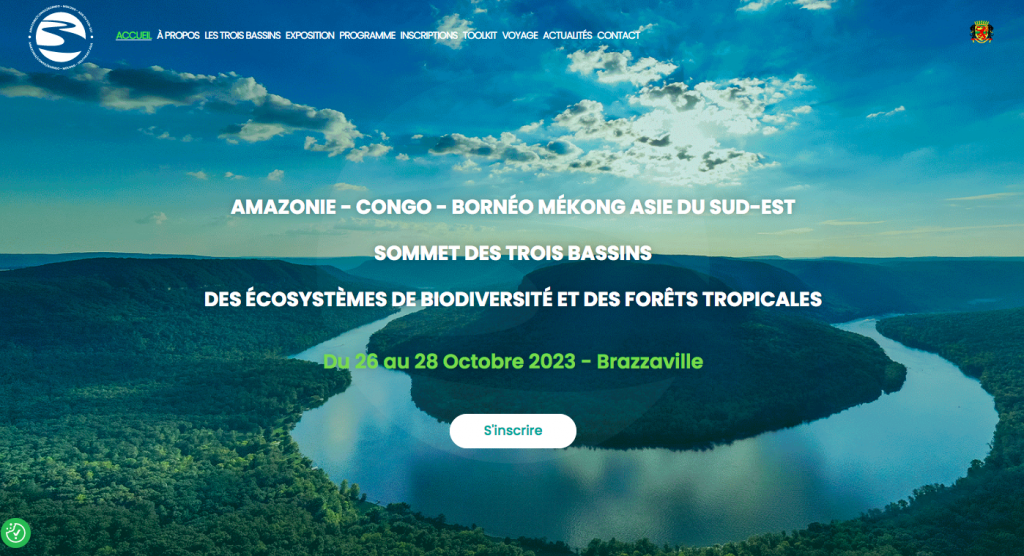
But how to get there? At the summit, representatives of the three basins discussed the implementation of the first global coalition to restore 350 million hectares of terrestrial and aquatic ecosystems, as part of the United Nations Decade for Ecosystem Restoration. The Congo Basin is home to more than 10,000 species of plants and more than 400 species of mammals. It is one of the largest forested areas in the world. The Republic of the Congo has decided to join the Société Nationale des Pétroles du Congo (SNPC), created in 1998 in the national effort to preserve the environment. Through the ECO Zamba project, this company manages 50,000 hectares of savannah on the Batéké Plateau. 40,000 hectares of trees will be planted to combat greenhouse gas emissions, with regular reforestation over a 10-year period.
For Marien Nzikou Massala, a rural community journalist based in the Republic of Congo, the issue of integrating the demands of rural communities remains enigmatic. Land reallocation according to the journalist is seen as unfair to rural communities. They are not consulted. Communities are losing their land and becoming poorer,’ explains the journalist. For him, the solution would rather come from a better functioning between the traditional chief and the administrative authorities. But corruption is about developing healthy relationships, he says.
The issue of international financing remains equally problematic for these three basins. How could Indigenous populations be helped? The demands on climate finance at the various United Nations conferences, but also in Paris during the New Global Financial Compact, have not led to a clear answer on the allocation of climate finance in the countries of the South. At the end of June, the Board of Directors of the Climate Investment Funds, led at the time by Mafalda Duarte (now Director of the Green Climate Fund), approved a plan to allocate $40 million in grants to enable indigenous and local communities in several countries, including Brazil, to advance climate action. But for civil society and the countries of the global south this funding is not enough. Announced at COP 21, the 100 billion a year from 2020 never went to the southern country. Will COP 28 make progress on this issue?
Share this content:

